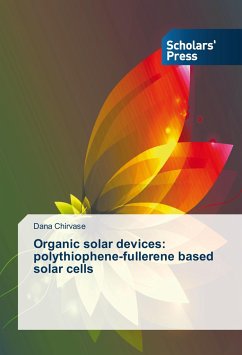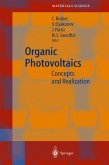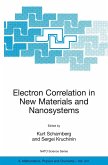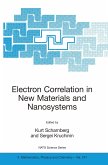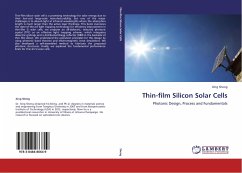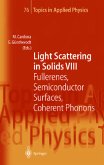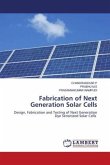Organic photovoltaic devices stand nowadays as a new and very promising research field with multiple applications related to the microelectronics sector, combining the optoelectronic properties of conventional semiconductors with excellent mechanical and processing properties of polymer materials. Organic solar cells are based on an innovative advanced concept which mimics the natural photosynthesis in the conversion and storage of solar energy. The present work, hopefully useful for students or postgraduates interested in the semiconductor field, shows basic concepts of photovoltaics applied to organic solar cells. In this context, polymer based solar cells were fabricated by using Poly(3-hexylthiophene-2.5diyl)(P3HT) as a donor, combined with the fullerene derivative [6,6]-phenyl -C61 butyric acid methyl ester, (PCBM) as an acceptor, in a bulk hetero-junction structure. Electrical and optical properties of these organic devices, morphology investigations, external quantum efficiency measurements and optimization of organic compounds in the organic solar cells have been performed. Finally, the limitations of electrical performances of organic solar cells have been shown.

